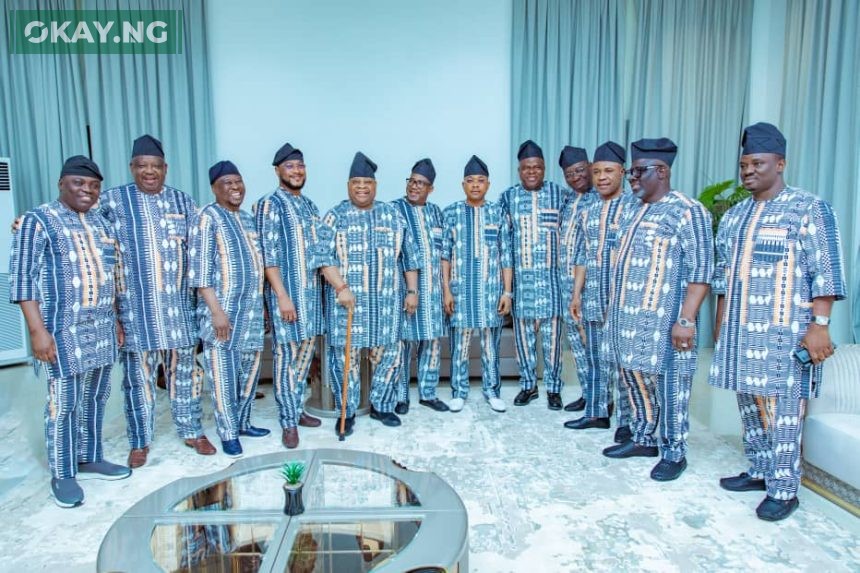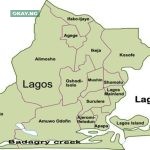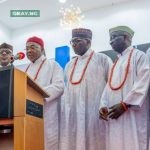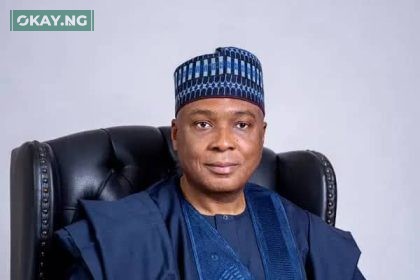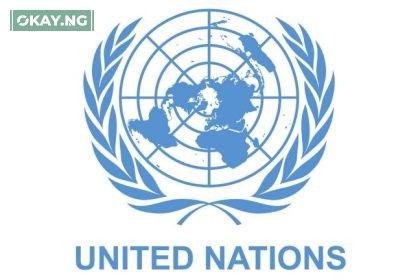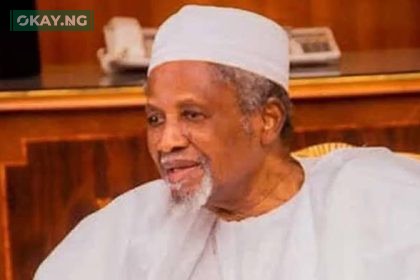A contentious constitutional amendment bill that seeks to remove legal immunity for state governors, their deputies, and the vice president has sparked heated debate across Nigeria’s political landscape. The proposed legislation, which successfully passed its second reading in the House of Representatives, aims to modify Section 308 of the 1999 Constitution to limit immunity protections solely to the president while exposing other high-ranking executives to potential legal action during their terms. Sponsored by Hon. Solomon Bob representing Ahoada East/Abua/Odual Federal Constituency in Rivers State, the bill has become a flashpoint in discussions about accountability versus governance stability.
State governments have mounted vigorous opposition to the proposed changes, with several attorneys general warning of dire consequences for effective governance. Oyo State’s Commissioner for Justice and Attorney General, Abiodun Aikomo, articulated the concerns of many state officials when he emphasized that removing immunity would create constant legal distractions for governors. “The constitutional immunity exists precisely to allow elected leaders to focus on governance without being bogged down by politically motivated lawsuits,” Aikomo stated. He argued that the current system, which allows for post-tenure prosecution, already provides sufficient accountability mechanisms while protecting the continuity of governance.
The debate has revealed deep divisions in legal and political circles. Ogun State’s Attorney General, Oluwasina Ogungbade (SAN), questioned the selective nature of the proposed amendment, pointing out what he sees as an inconsistency in maintaining immunity for the president while removing it for other executives. “If we’re serious about accountability, then the principle should apply uniformly across all offices,” Ogungbade argued. He suggested that Nigeria’s challenges in fighting corruption stem more from weaknesses in the justice system than from constitutional protections, citing numerous cases where former officials have faced prolonged investigations without convictions.
Proponents of the bill maintain that the current immunity clause has become a shield for corruption and abuse of power. Sponsor Hon. Solomon Bob has been particularly vocal, asserting that immediate accountability would foster more responsible governance. “Why should we tolerate a system where officials know they’re untouchable for four or eight years?” Bob questioned in an interview. The bill’s supporters point to what they describe as rampant corruption at state levels, arguing that the threat of prosecution while in office would serve as a powerful deterrent against malfeasance.
The proposed legislation includes specific provisions that would maintain immunity for the president and the vice president only when acting as president, while completely removing protections for governors and their deputies. A particularly contentious clause states that immunity would not apply to actions taken outside official capacity or for clearly criminal conduct. Legal experts note that this could create complex jurisdictional questions about what constitutes official versus personal actions by public officials.
As the bill moves to the House Committee on Constitutional Review, observers are watching closely to see how the debate evolves. The committee process will likely include public hearings featuring testimony from legal experts, civil society groups, and government representatives. Given the powerful interests involved and the constitutional requirement that amendments be ratified by two-thirds of state legislatures, many analysts predict an uphill battle for the legislation’s supporters.
The controversy touches on fundamental questions about Nigeria’s federal structure and the balance between accountability and effective governance. While anti-corruption advocates hail the proposal as a potential breakthrough in the fight against graft, state officials and some legal scholars warn it could lead to governance paralysis. The outcome of this debate could have far-reaching implications for Nigeria’s political system, potentially reshaping the relationship between federal and state authorities and redefining the boundaries of executive power in Africa’s most populous democracy.


